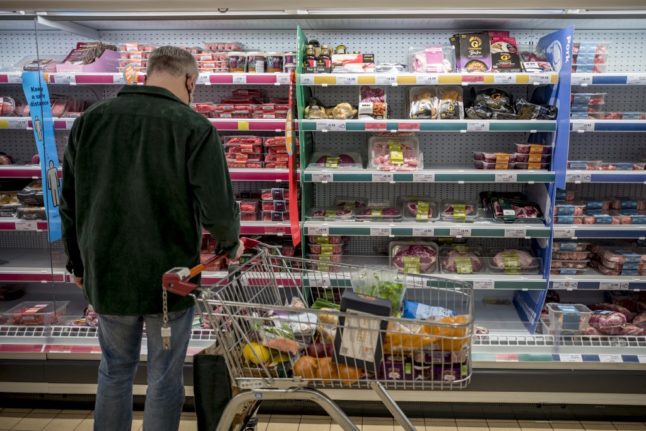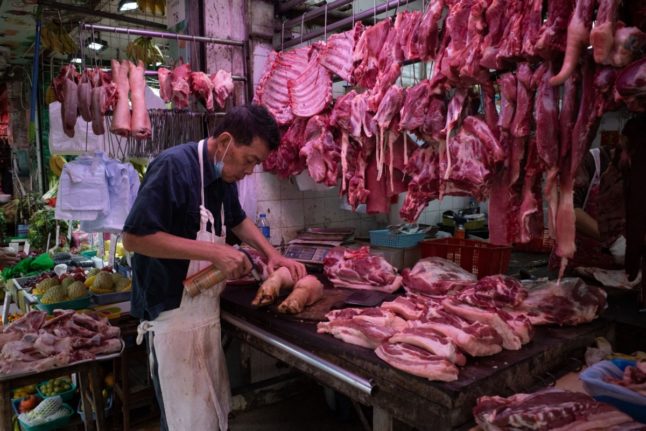The new package was announced at an end-of-year news conference by Spanish Prime Minister Pedro Sánchez.
“For six months, we will reduce VAT on all basic foods from 4.0 percent to 0.0 percent,” he said of a list including bread, milk, eggs, cheese, fruit and vegetables, and cereals.
VAT on oil and pasta would also be reduced from 10 percent to five percent, he added.
Sánchez also unveiled a one-off payment of €200 to “families with incomes lower than €27,000 ” to offset food prices, that will cost some €4.2 million.
The new aid plan is the sixth package of measures aimed at responding to the “economic and social consequences” of Russia’s invasion of Ukraine.
It raises to €45 billion the overall amount released by Spain’s government to help those struggling with soaring inflation and runaway food and energy prices.
But Sánchez said the 20 cent discount per litre of fuel, which had been available for all consumers, will now be limited to “the most affected sectors” such as lorry drivers, farmers, shipping companies and fishermen.
READ MORE: Spain ends fuel discount for almost all drivers
Spain’s efforts to address soaring inflation have borne fruit in recent months, with the figure falling from a record 10.8 percent in July to 6.8 percent in November.
However, food prices have remained stubbornly high, rising by 15.3 percent year-on-year in November.
Sánchez also extended by six months the discount on electricity and gas prices and said the ban on cutting energy supplies to vulnerable households would remain in place throughout 2023.
Likewise, the 50 percent discount on season ticket prices for urban public transport will be extended for the first half of 2023, he said.



 Please whitelist us to continue reading.
Please whitelist us to continue reading.
Member comments